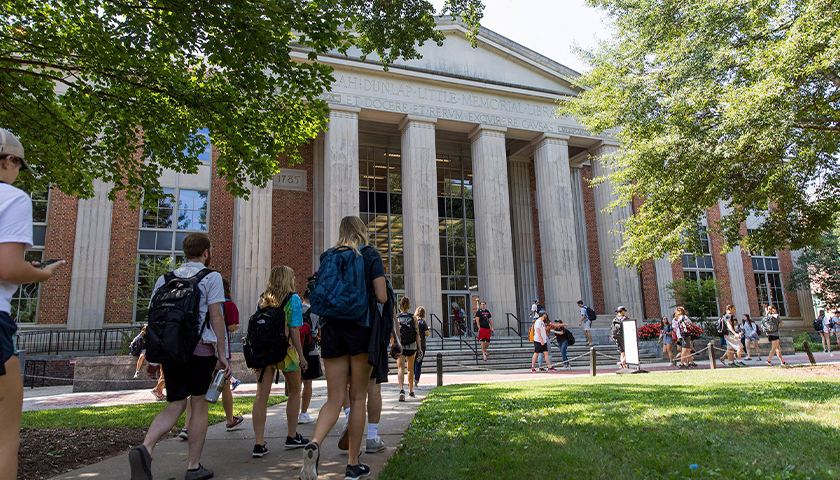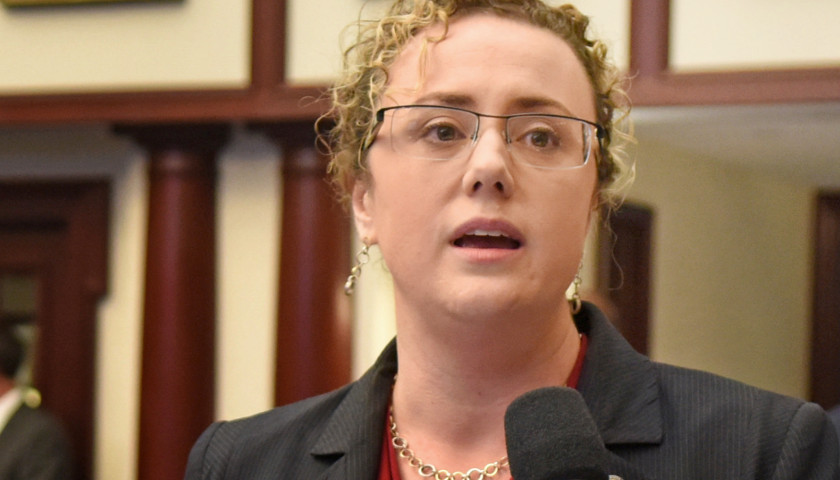Nearly 200,000 households in Connecticut will benefit from an increase in the state’s Earned Income Tax Credit, Gov. Ned Lamont said.
The governor said in a news release that the Department of Revenue Services will increase the 2020 Earned Income Tax Credit from 23% to 41.5% as directed by the state budget.
Lamont said the increase will “provide needed economic support to low-to-moderate income working individuals and families” who faced negative economic impacts amid the COVID-19 pandemic.
Read More



